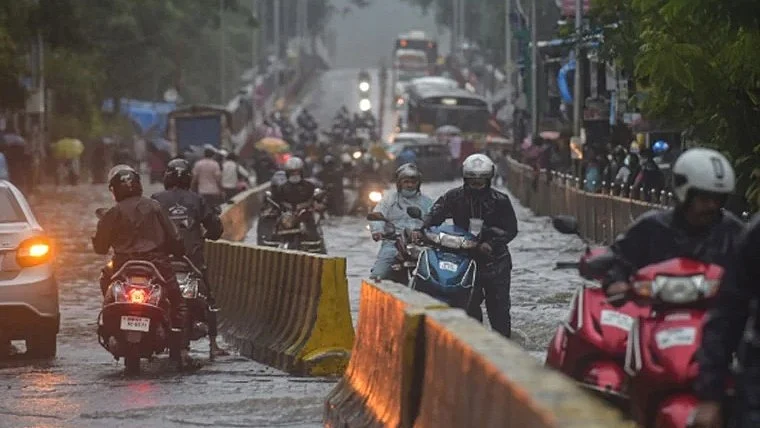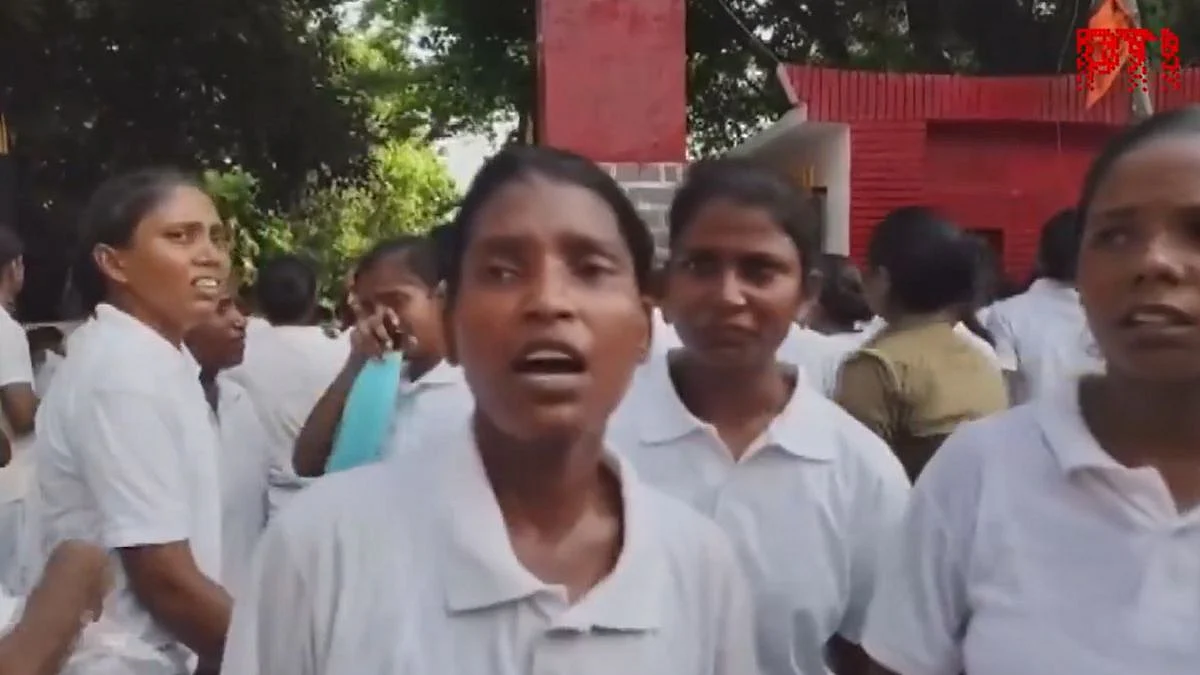The narratives of the historical 'Salt March' or 'Dandi March' spark in glorious records of the Indian National Movement with an untamed voice of resistance and freedom.
As Gandhi embarked on the 'Salt March' to oppose the mounting tax pressures of British empire on March 12, 1930, the day still holds the scars of another kerfuffle with British rule and related unwavering echoes of peaceful rebellion through Gandhian tools of truth and non-violence.
This march is acknowledged as a peaceful rebellion and civil disobedience movement against the autocracy.
Harking Back To 'Dandi March'

FPJ
'Salt March' began at the Sabarmati Ashram to reach the village of Dandi with a dedicated group of political activists.
These 78 grassroot activists covered approximately 387 km. under the leadership of Mahatma Gandhi, and common citizens joined the mutiny in segments, representing different cultural and social structures, to walk together.
As an annotation of revolt against the imposed salt laws, the stream amassed the fuel for further political agitations and raised concerns with a roadmap of 'Satyagrah' at the 'Dharasana Salt Work'.
The mounting upsurge of revolt again came under the claws of the British empire, as Mahatma Gandhi was arrested in May 1930.
Gandhi rigorously opposed the suppression of marginalised sections throughout the journey because the 'British Raj' cultivated 8.2% of revenue from salt taxes by banning local salt-production authorities and services. This unjust monopoly resulted in polarised dominance and slavery.
Why Is the 'Salt-March' Still Relevant?

FPJ
The Dandi March is remembered for shedding light on discriminatory laws and rekindling the national spirit for a wide-level movement.
On the first day, Gandhian activists clutched slat in their fists to oppose the authority. Since then, the heritage filaments of robust stream have paved the path to arouse genuine consciousness and to guard the key ideas of liberty and sovereignty.
This movement is also known for uniting the Hindu and Muslim communities, with a particular focus on syncretic 'Ganga-Jamuni' values.
In current hullabaloo, these ideologies are more crucial to safeguarding the spirit of Indian constitution.










